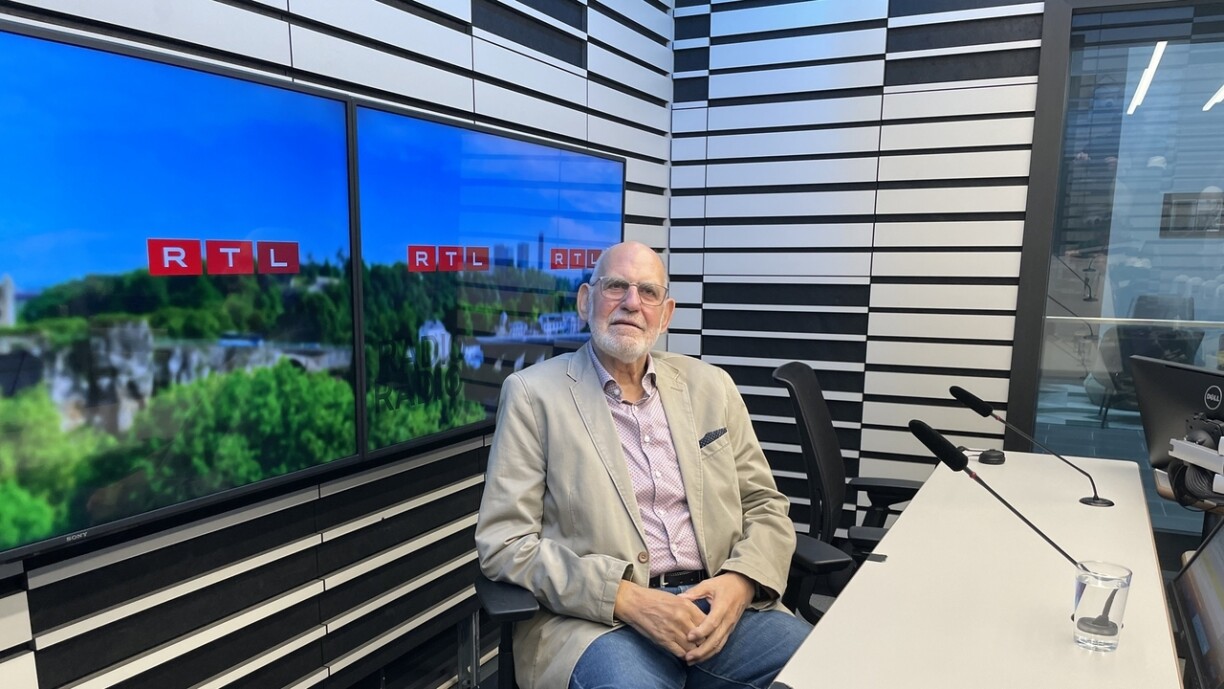
“The people who live on the streets and seek support from Stëmm vun der Strooss are getting younger and more international,” Detaille stated on RTL Radio. Detaille, who served as president for 22 years, stepped down last week, succeeded by former journalist André Duebbers.
The initial mission of the non-profit was to publish a newspaper to give a voice to those living on the streets. Over time, this evolved into a comprehensive assistance project.
Detaille noted that the core issues faced by the homeless have remained consistent: the need for housing, and health problems. Most individuals seeking help from the non-profit do not live on the streets but with parents, in furnished rooms, or small flats. They are all in need of accommodation and often suffer from health issues.

While political leaders have generally been supportive, societal acceptance has been more challenging, Detaille acknowledged. The “NIMBY effect” (Not In My Backyard) often arises, with people holding pre-conceived notions and concerns.
For example, in the small village of Schoenfels, the non-profit opened a post-therapy centre for individuals who have undergone drug treatment and lack stable housing. This project faced significant opposition initially. However, with the help of local authorities and politicians, the non-profit was able to reassure the community and successfully launch the centre. “Today, everything has calmed down,” Detaille noted.
Poverty is a growing problem in Luxembourg, particularly in Luxembourg City. The existing social restaurant (or ‘canteen’) is struggling to meet demand, with over 300 meals served daily. An additional restaurant is urgently needed, notes Detaille. Despite these challenges, he remains optimistic and highlights the currently strong cooperation between the association and the capital’s municipal authorities.
The social restaurant also serves individuals who work but cannot make ends meet. Many patrons come with various difficulties, requiring staff who are not only willing but also able to listen and collaborate on finding solutions, Detaille explained.
Currently, the response to homelessness and poverty is akin to applying band-aids, Detaille stressed. There is a need for a more proactive approach and structural changes. More and smaller support structures are necessary. While the Wanter Aktioun, providing free accommodation for the homeless during winter, is a good initiative, it should be extended year-round with smaller facilities, according to Detaille.
Many individuals are hesitant to use the Wanter Aktioun due to fears of theft, violence, and illness, Detaille acknowledged, arguing that smaller structures would increase reception possibilities and reduce these concerns. However, this approach would require more volunteers to supervise, listen, and offer help where needed, he emphasised.